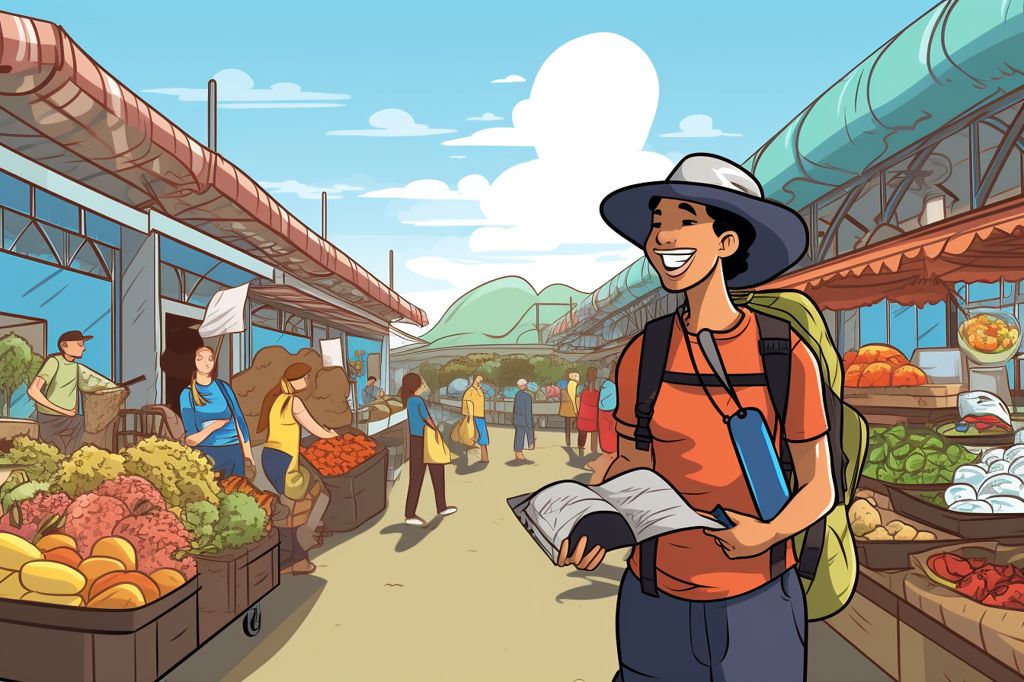Traveling offers an opportunity to explore new cultures and cuisines, but it’s essential to stay healthy and avoid foodborne illnesses. This article discusses various food and drink considerations to help you safely enjoy your travel experiences.
Food Safety Tips
-
Maintain proper temperature: Cold food should be served cold, and hot food should be served hot. Avoid lukewarm food, as it may harbor harmful bacteria.
-
Consume dry or packaged foods: Foods that are dry or come in factory-sealed containers are generally safe to eat.
-
Be cautious with raw foods: Avoid eating raw meat, seafood, and vegetables. Fruits with a peel are generally safe to eat if washed properly or peeled.
-
Street food: If you choose to eat street food, follow the same food safety rules as you would for other foods. Ensure the food is cooked and served hot, and avoid raw vegetables.
-
Bushmeat: Refrain from consuming bushmeat, which refers to wild game and can be a source of disease transmission.
Drink Safety Tips
-
Tap water: In countries with questionable water quality, avoid drinking tap water. Use bottled or disinfected water for drinking, brushing teeth, and showering.
-
Ice: Avoid using ice in countries with limited access to clean water, as it may be made using contaminated water.
-
Bottled or canned drinks: Opt for factory-sealed bottled or canned drinks, but be cautious of potential tampering.
-
Hot drinks: Drink coffee or tea served steaming hot, and avoid adding potentially contaminated items like cream or lemon.
-
Milk: Choose pasteurized milk from sealed bottles and avoid unpasteurized dairy products.
-
Alcohol: Stick to alcoholic beverages without ice and choose safe mixers, such as carbonated drinks.
-
Fountain drinks: Avoid consuming sodas from fountains, as the water may come from a contaminated source.
-
Freshly squeezed juice: Refrain from drinking fruit juice made by others unless you’ve washed and peeled the fruit yourself using safe water.
Remember to wash your hands with soap and water before eating or preparing food. If soap and water are unavailable, use an alcohol-based hand sanitizer with at least 60% alcohol.
By following these food and drink safety tips, you can enjoy the local flavors while minimizing the risk of foodborne illnesses and maintaining good health during your travels.

